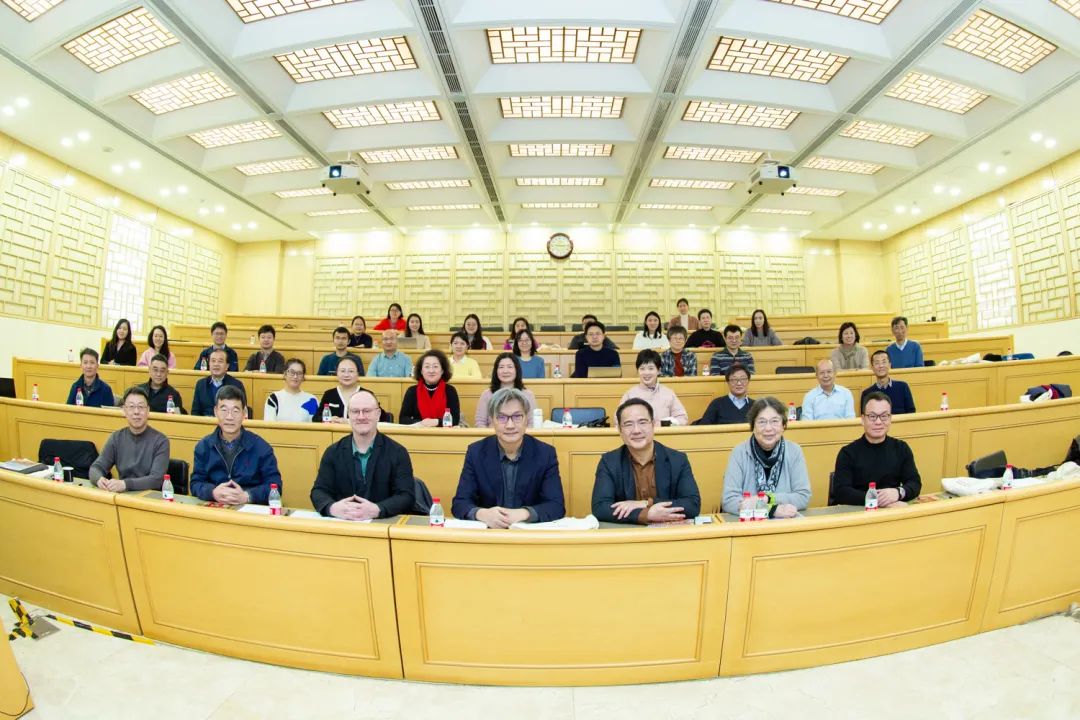On January 8, Yenching Academy held its Teachers’ 2024 New Year Chat and Sharing Session in B102, Peking University’s Second Gymnasium. Leading the session was YCA Associate Dean Fan Shiming, alongside esteemed guests, including PKU Vice President Wang Bo, YCA Dean Dong Qiang, YCA Associate Dean Brent Haas, and YCA Director of Graduate Studies Lu Yang. The gathering brought together members of the new YCA Teaching and Steering Committee and over 30 PKU and external teachers, who give lectures or serve as dissertation supervisors.
Professor Wang Bo commenced the session by extending his New Year wishes to all YCA teachers. He expressed his admiration for the Academy’s international education programs and youth exchange events held in 2023, particularly the Yenching Global Symposium 2023 in Hainan, as exemplars of PKU’s international cooperation projects. Recalling YCA’s planning, team building, and curriculum design from the very beginning, Wang noted, “YCA has carved a niche for itself as a PKU college and made progress. The Academy is a success, in both practice and theory.”

Over the past decade, YCA has continuously improved its curriculum and teaching methods. Through the dedication of our faculty, the Academy has fostered a good atmosphere for teaching and studying. Vice President Wang Bo emphasized that as a prestigious international education program in China, Yenching Academy has garnered praise from the Chinese government and the Ministry of Education. He credited the Academy’s success in facilitating intercultural exchanges and interdisciplinary learning to the faculty’s and staff’s unremitting efforts, and the robust support from other PKU colleges, departments, and external experts. VP Wang Bo concluded his remarks with good wishes for the Academy’s future development and achievement with joint efforts from the YCA leadership and executive team.

Dean Dong Qiang warmly welcomed Prof. Wang, expressing deep gratitude for the Vice President’s long-lasting support for Yenching Academy. Prof. Dong also commended the efforts of our teachers in shaping the Academy’s curriculum system and discussed his visions for its development, especially as 2024 marks its decennial.
Dean Dong offered straightforward insights into YCA’s recent endeavors, acknowledging the Academy’s strides in improving its physical environment and atmosphere, including inviting eminent guest lecturers and chair professors and organizing YGS outside Beijing. However, Prof. Dong urged more profound efforts beyond what he termed “shallow-water” initiatives, stressing the need to raise YCA’s domestic and international visibility, explore additional recruitment channels, and deepen the understanding of China Studies. To this end, the Academy will launch diverse events throughout 2024, including an updated website and a publication program for outstanding course papers. He underscored the importance of leveraging support and resources from the University and other PKU colleges and departments to build more robust interdisciplinary teaching and dissertation guidance capacities.
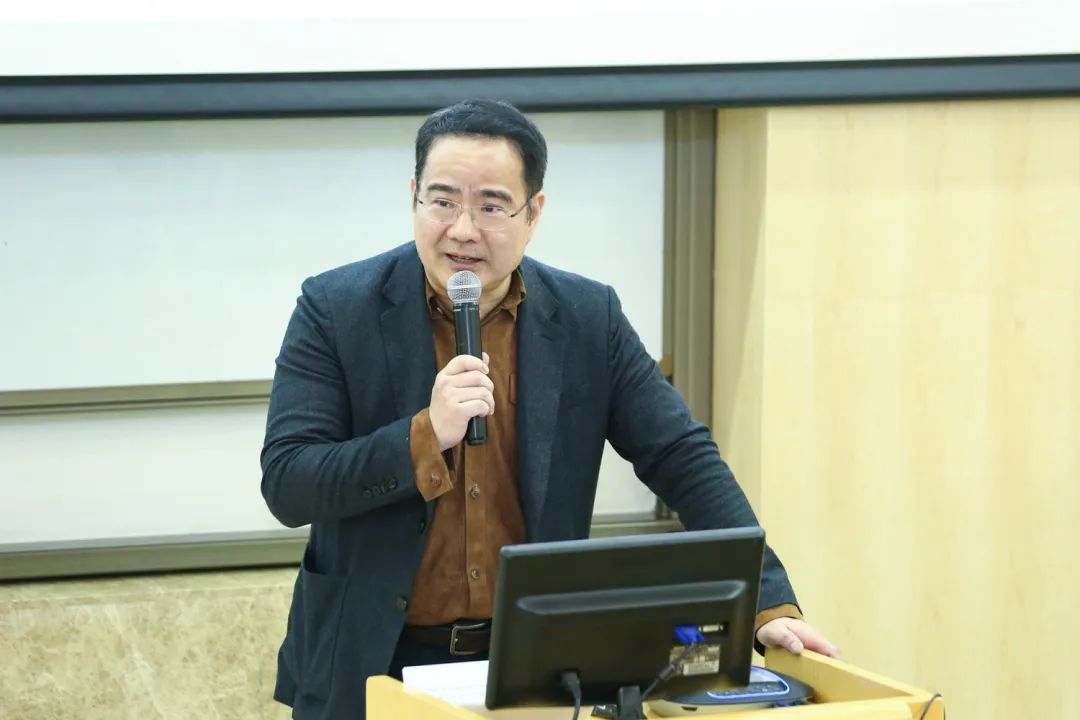
Prof. Dong highlighted the symbiotic relationship between “other” and “self” at YCA, likening them to igniters and fuel for boundless inspirations. He emphasized the faculty’s dedication to disseminating knowledge and fostering moral guidance, pledging to remain faithful to his original aspiration. He also expressed gratitude for the valuable suggestions and inputs from the routine inspection team, the Academy’s founding team, and his predecessors. Prof. Dong stressed that in our ever-changing world, the Academy must reach out and connect with the world in pursuit of its vision with a sense of responsibility and originality. He wrapped up his remarks with a poetic quote from Premier Zhou Enlai to inspire a pioneering spirit to break down any possible barriers on the Academy’s path of future development.
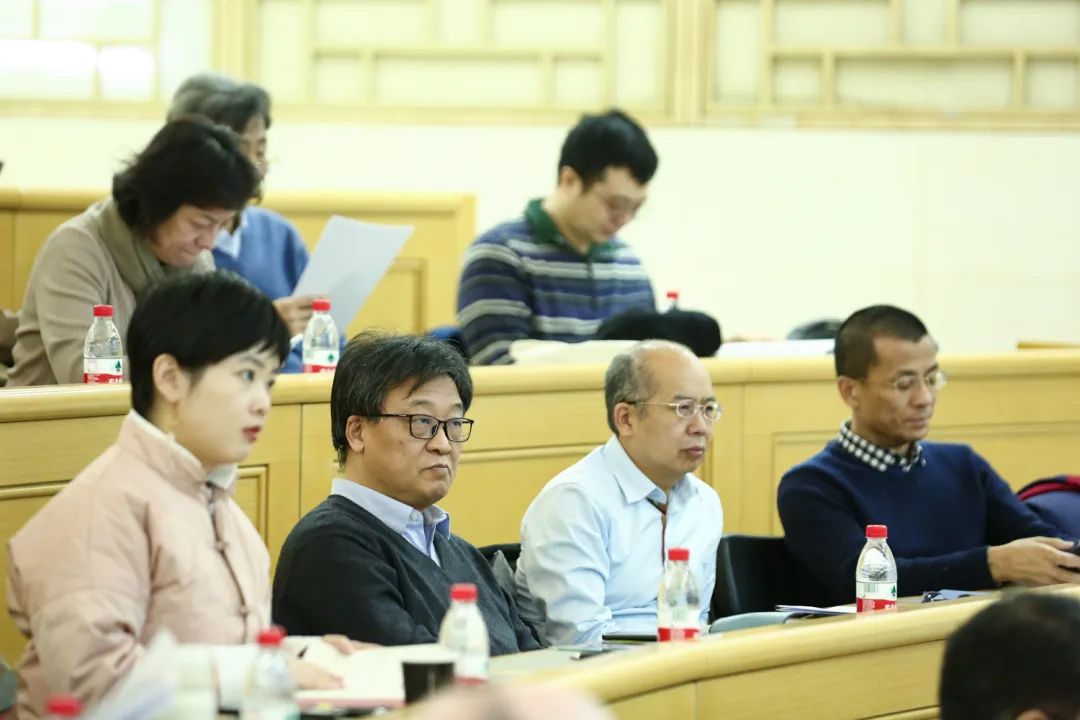
Associate Dean Fan Shiming reflected on the Academy’s teaching and student affairs in 2023, highlighting notable events such as the appointment of former French Prime Minister Jean-Pierre Raffarin as the Shuhsi Hsü Chair Professor, which requires him to teach the “Leadership and Global Governance” lecture series. He stressed the Academy’s commitment to classroom learning and field study, providing Scholars with a multidimensional, comprehensive understanding of China through diverse study trips. Prof. Fan also presented statistics on the students-led extracurricular events, instructors’ work, and course evaluations for the autumn semester.
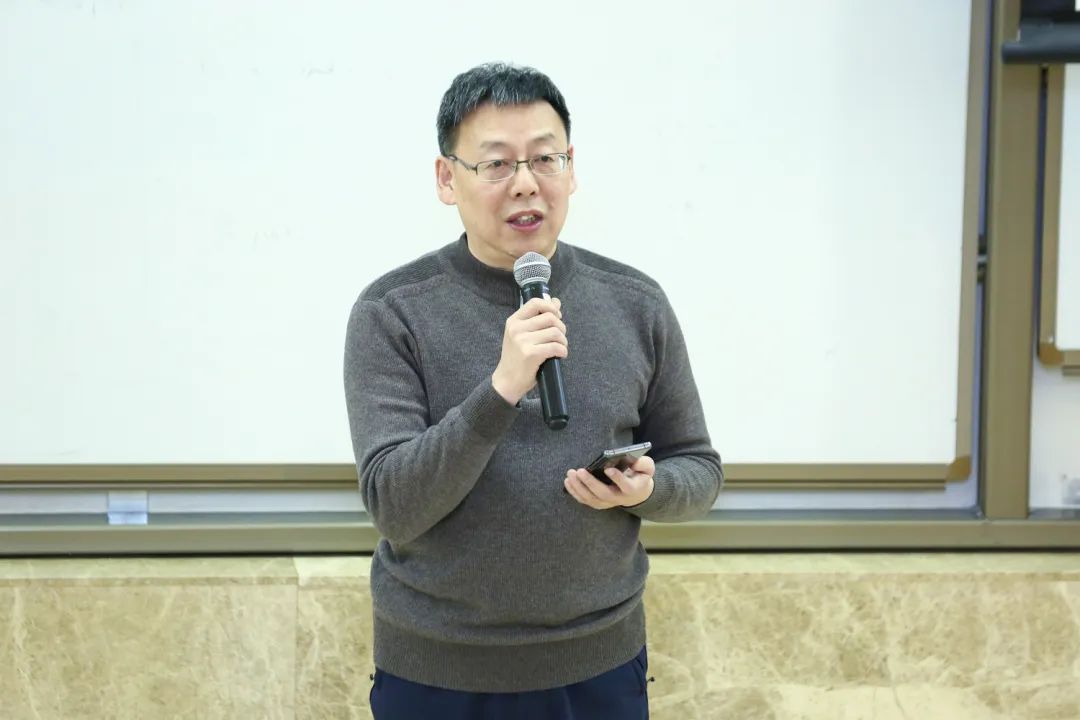
Associate Dean Brent Haas gave an analytical report on the recruitment figures from 2015-2023, noting the steady increase in international students with HSK6 proficiency and exemptions from the compulsory Chinese language course post-COVID-19 pandemic. Additionally, students with backgrounds in China Studies, Asian Studies, or regional studies constituted a growing proportion of enrolled Scholars.
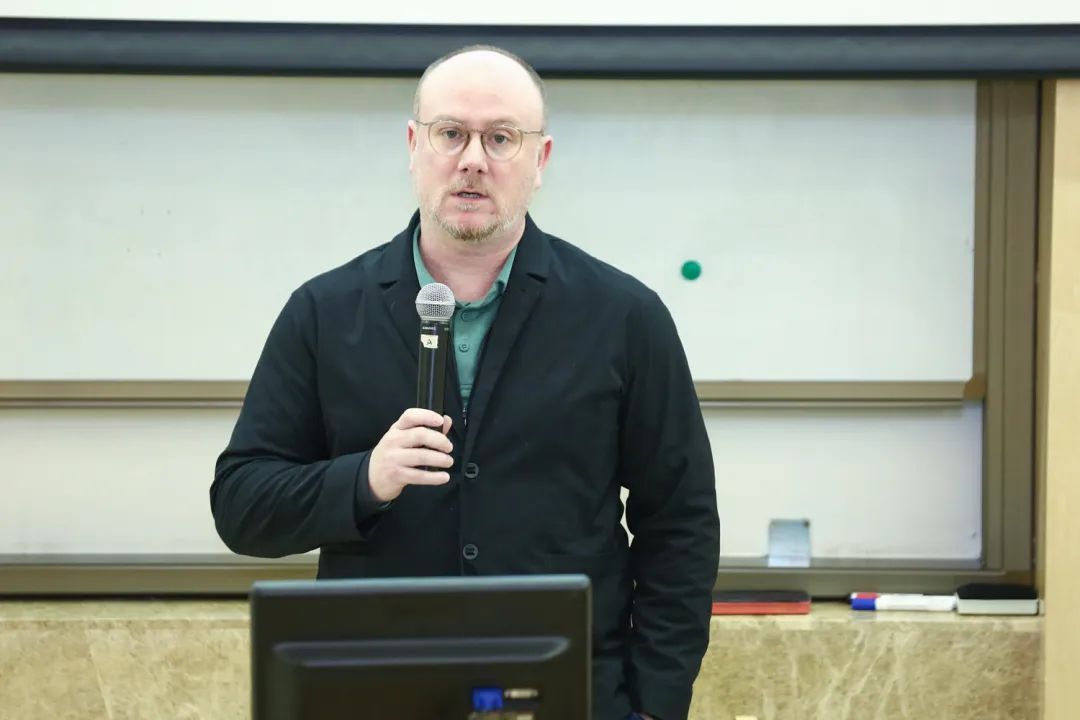
Prof. Lu Yang reported on the Academy’s teaching work. A founding member and Director of Graduate Studies of YCA, he is responsible for the Academy’s curriculum planning and teaches two Chinese history and philosophy-related courses. He has been the team leader for field trips throughout the years. He highlighted the importance of critical thinking for Chinese and international students from diverse cultures and reading outstanding academic works to gain multidimensional understanding. He also stressed the value of study trips in complementing textbook knowledge and called for a more balanced and high-caliber curriculum for our Scholars.
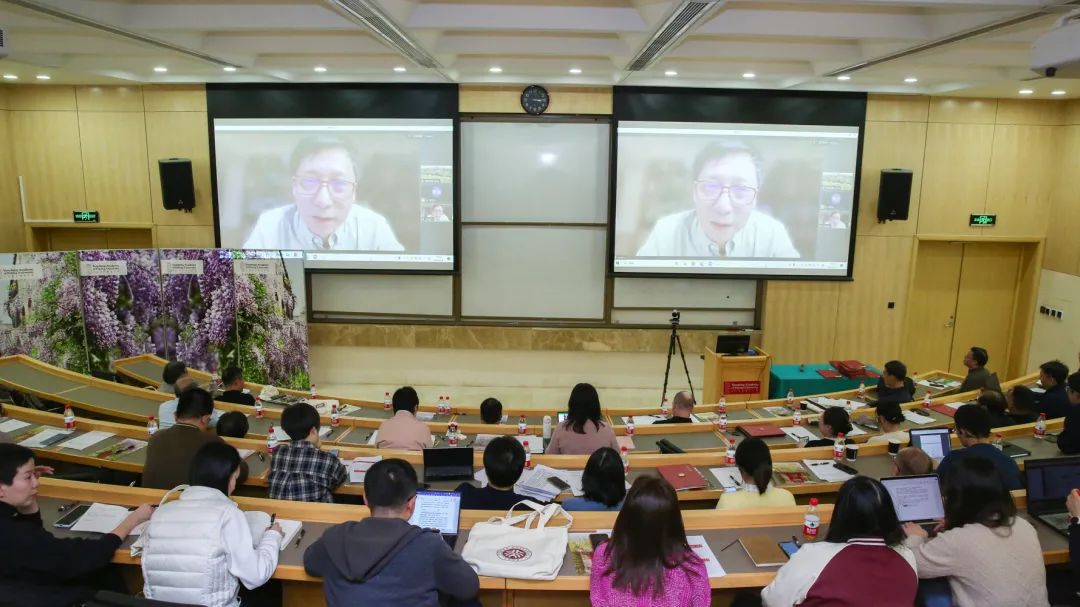
Following this, Prof. Wang Bo and Prof. Dong Qiang conferred letters of appointment on members of the new YCA Teaching and Steering Committee, facilitating an exchange of opinions on teaching, student instruction, and YCA’s future development.
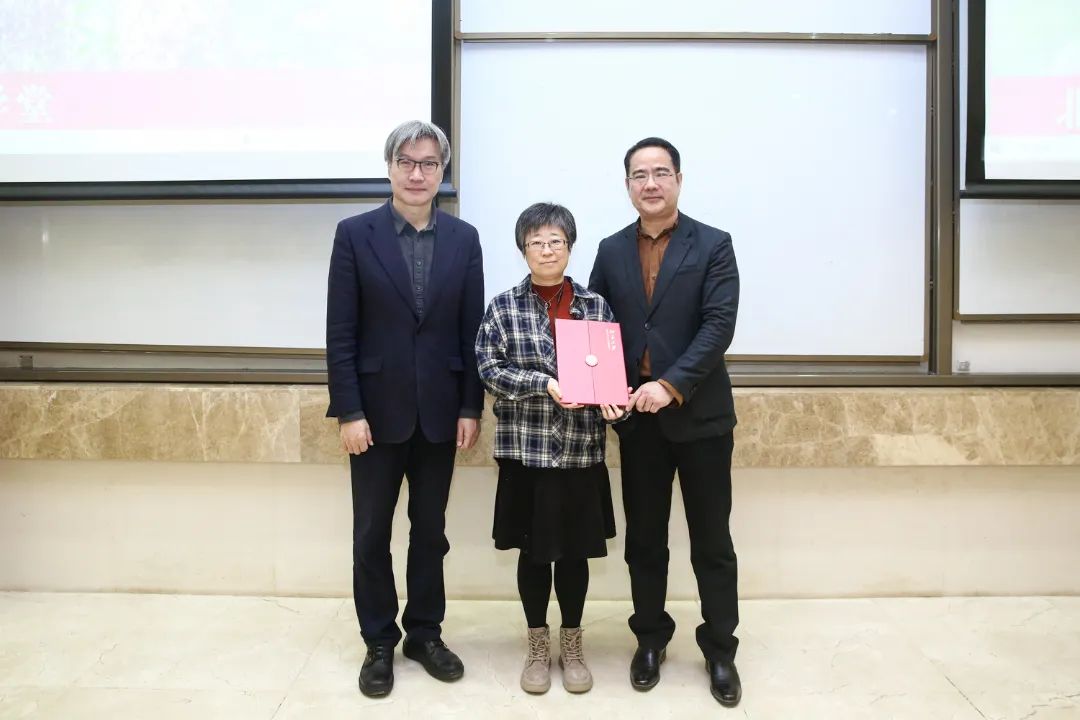
Prof. Cheng Lesong, Director of the PKU Department of Philosophy and Religious Studies, teaches the Critical Conceptions of Chinese Thoughts course and is engaged in curriculum design at YCA. He highlighted the challenges and rewards of teaching Chinese philosophy and its critical concepts in English, emphasizing the benefits for both teachers and students. Prof. Cheng suggests three balances for the Academy: between knowledge learning and innovative theory, between classroom courses and field study, and between academic and career development to foster multi-perspective thinking, reinforce textbook theories through practical experience, and support scholars’ educational and career growth.
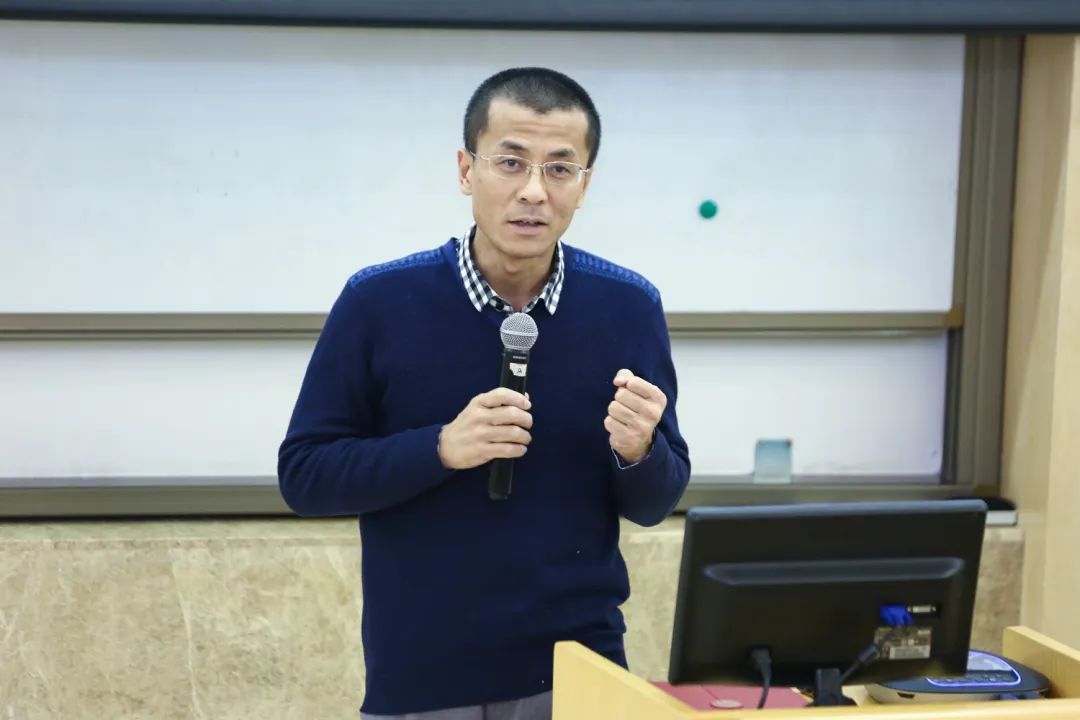
Wang Liping, Associate Professor of the PKU Graduate School of Education, teaches Ethnographies of Modern Education: China and Beyond at YCA. In her remarks, she mentioned engaging in lively conversations and observing distinctive opinions on education among our Scholars due to their varied cultural backgrounds. Prof. Wang has delivered lectures on the histories of Peking University and Yenching Academy to familiarize our Scholars with the environment they study and live in. Some students have chosen the Academy as a case study, conducting field research on the cultures and hobbies of different student groups, including the dormitory staff. Also, an international student proficient in Chinese has undertaken the University’s ideological and political education course taught in Chinese, discovering varying interpretations of theories among classmates. Prof. Wang led our Scholars on a field study to Peking University Elementary School to provide firsthand insights into China’s elementary education system. At the end of her remarks, Prof. Wang stressed the importance of integrating YCA Scholars with students from her Graduate School of Education.
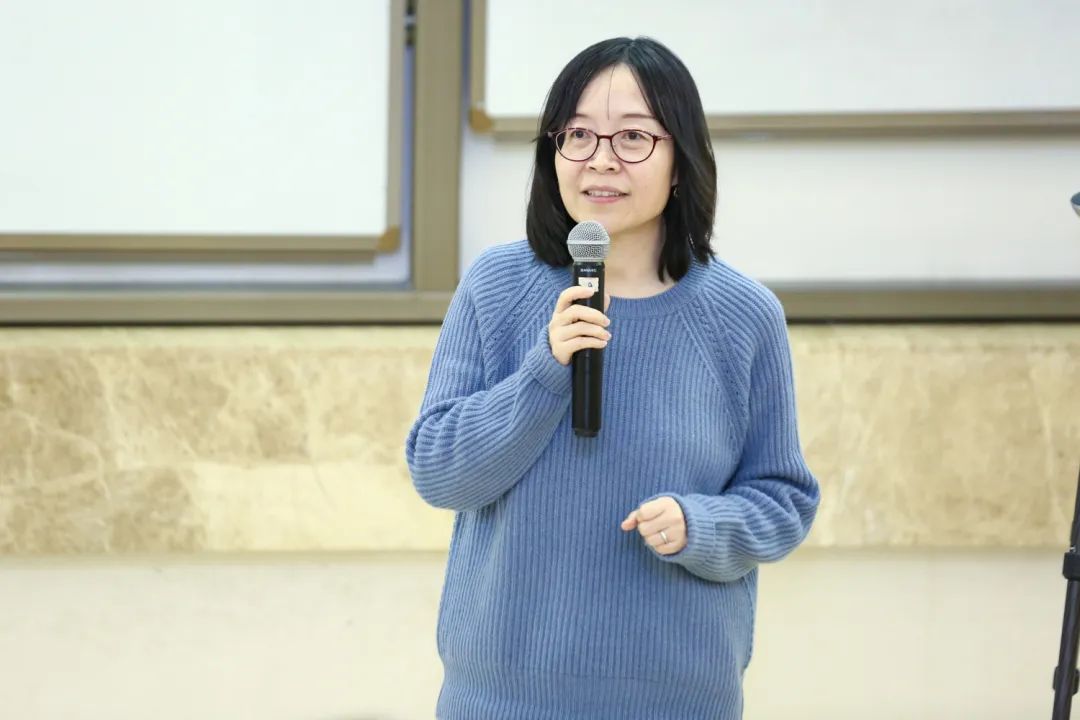
Wang Yuan, former Chief Economist of the China Development Bank Corporation, has been lecturing on China’s Economic Reform and Development for five years. She highlighted the significance of young talent and their education in international communication. Prof. Wang also stressed the need to regularly update lectures to cover current domestic and global affairs and hot topics, focusing this academic year on the post-COVID-19 pandemic economy. She maintains strict standards for herself and her teaching assistants, emphasizing the importance of mutual communication between teachers and students. Prof. Wang suggests that the Academy improve its scheduling and locations for field studies.
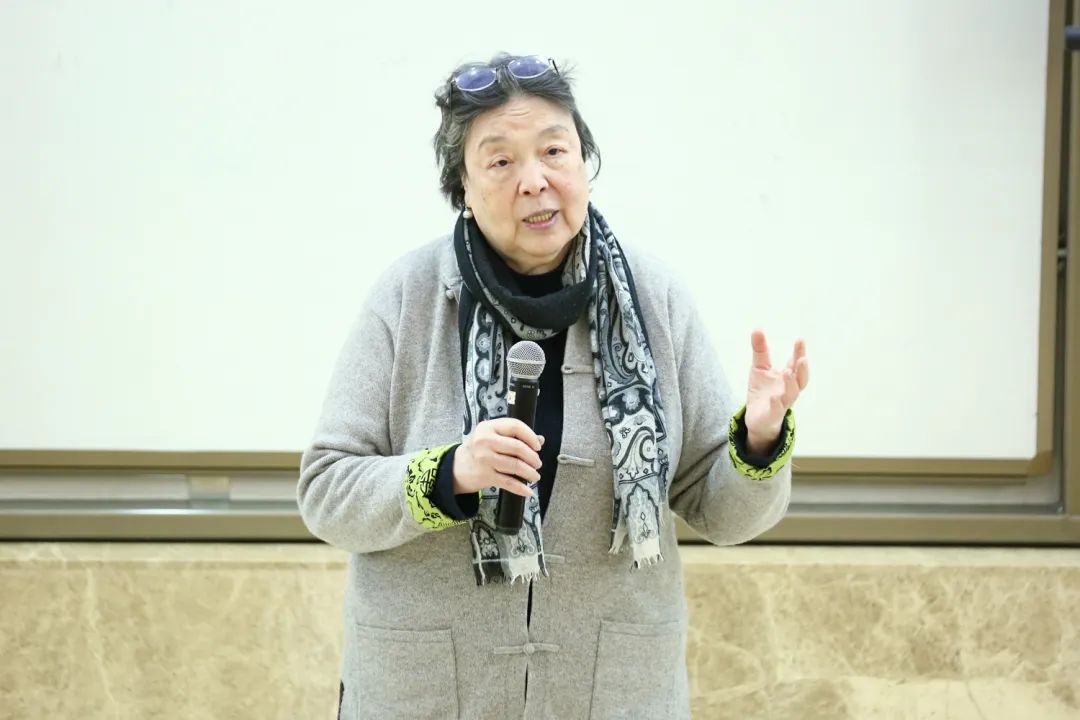
Wang Fang, Professor at the PKU College of Architecture and Landscape, teaches at YCA. With a background in science and engineering, she specializes in cultural heritage excavation, conservation, and utilization – an interdisciplinary area closely linked to humanities and social sciences. Prof. Wang shared her experience instructing Yenching Scholars, highlighting their collaborative efforts with students from her team. She emphasized that this cooperation has helped YCA Scholars better understand China’s cultural heritage, contributing to international dialogue. According to Prof. Wang, the Academy has made substantial achievements in interdisciplinary research of humanities, sciences, and engineering and hopes for further progress.
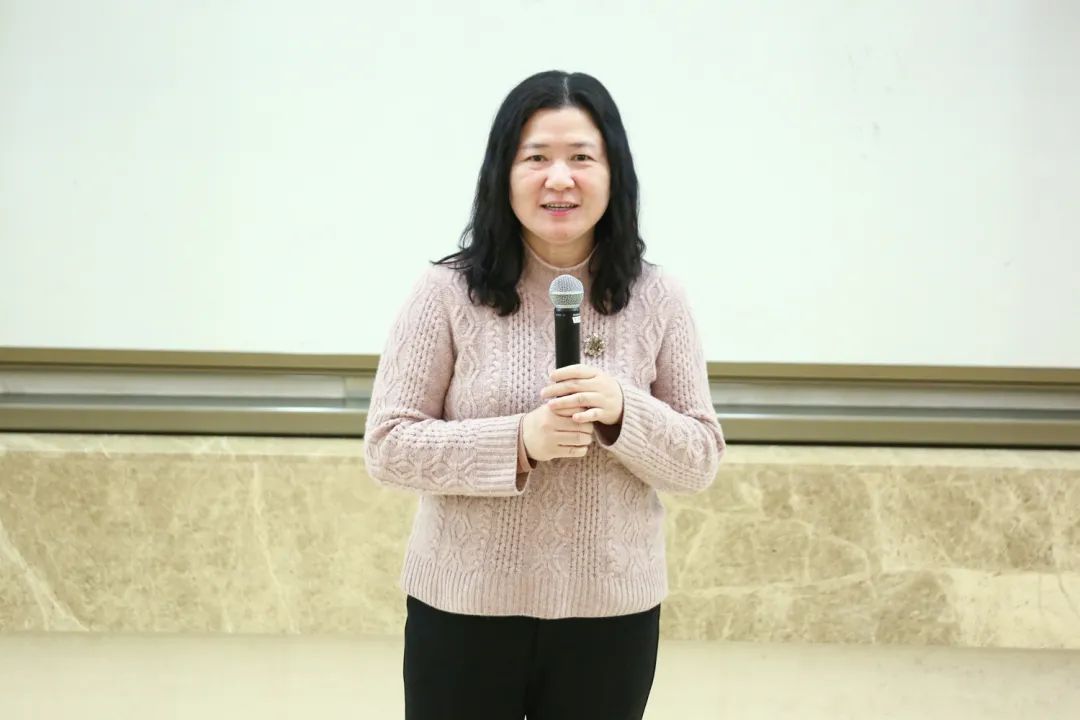
Lai Huaxia, Assistant Professor at the PKU School of International Studies, teaches “China and International Law” at YCA. Prof. Lai acknowledged the valuable contributions of YCA Scholars to her research projects by offering practical solutions to specific problems, particularly in programming and English-language data mining. She described the diverse cultural backgrounds of Yenching Scholars’ perspectives as refreshing and sometimes unexpected, sparking new avenues for exploration. She noted being impressed by the Scholars’ in-class performance and adjusting her teaching methods accordingly. Prof. Lai wrapped up her remarks with suggestions for balancing uniqueness and universality in the Academy’s teaching and curriculum, especially in the realm of international law.
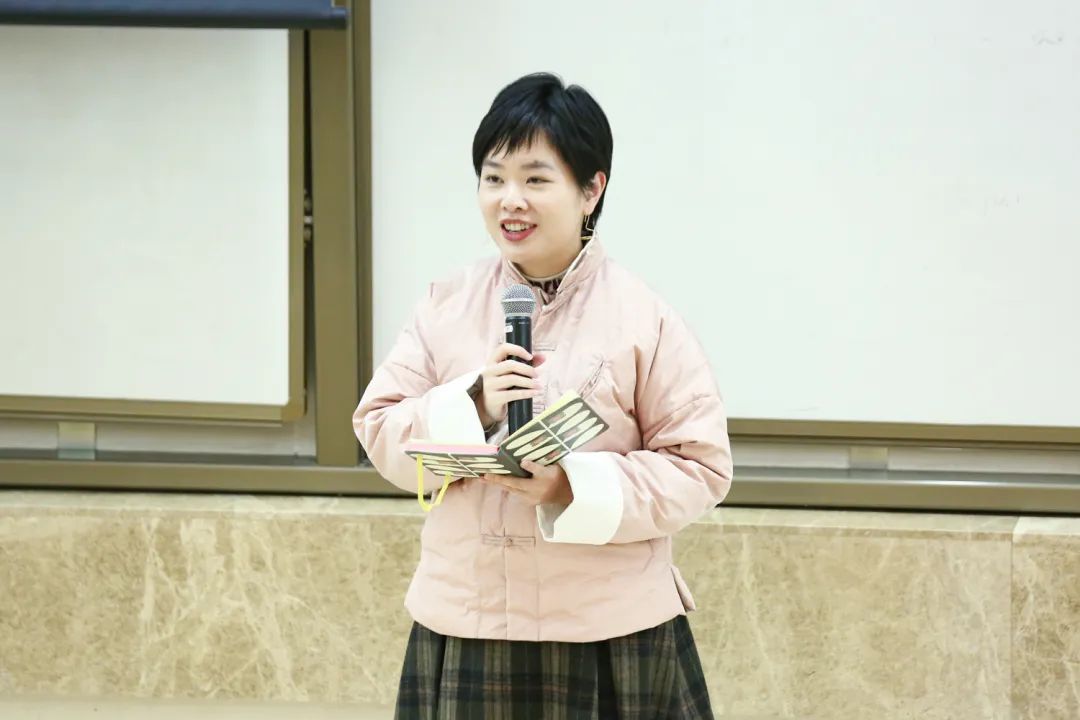
Gordon Liu, Boya Distinguished Professor of Economics at the PKU National School of Development, praised Yenching Academy as a globally competent “gold-lettered signboard.” Impressed by the Academy’s multicultural environment and interdisciplinary curriculum, Prof. Liu collaborates on the “China in Transition” course with the Academy. He discussed his opinions on teaching at YCA, emphasizing the importance of using real-world examples in teaching economics and maintaining objectivity in analyzing future developments. Prof. Liu also encouraged the Academy to uphold its commitment to excellence in education.
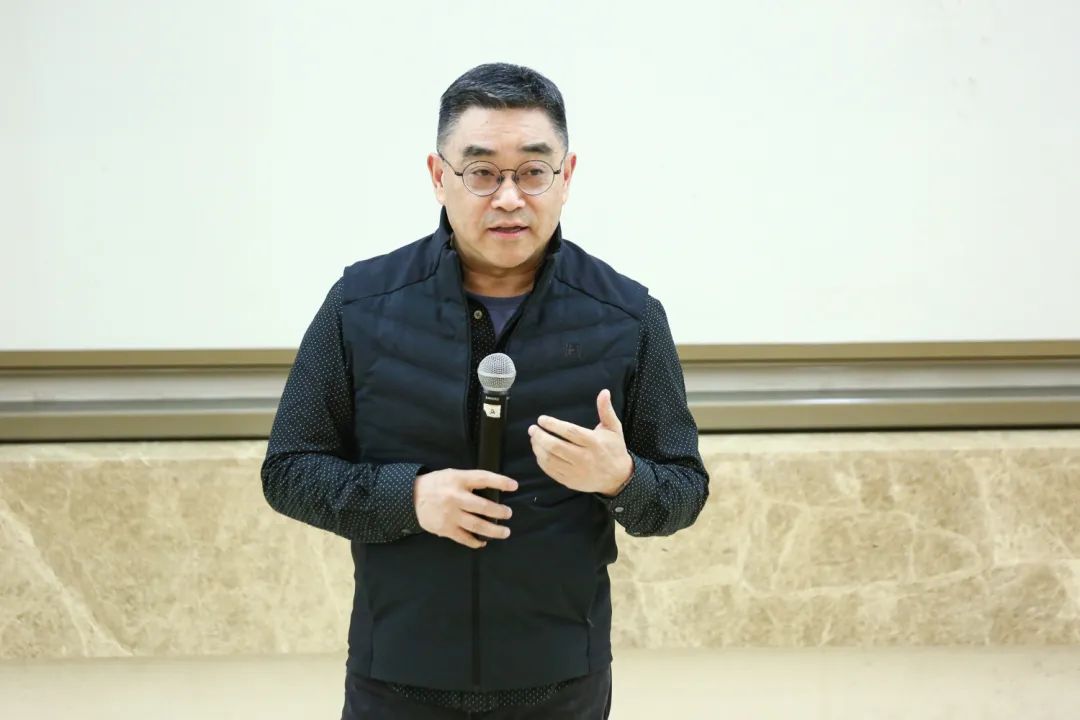
For this academic session, we invited seven instructors from the PKU School of Chinese as a Second Language to teach Chinese language courses at YCA. Prof. Zhao Yunhui, representing her colleagues, introduced the criteria for small-group classes, textbooks, course exemptions, and student evaluations. Students attend small group classes according to their Chinese proficiencies, pre-assessed by the School’s Deputy Director, Prof. Lu Yun, and other staff of the students’ affairs office. The faculty differentiated teaching methods to accommodate individual learning styles and backgrounds, improving Yenching Scholars’ Chinese proficiency.
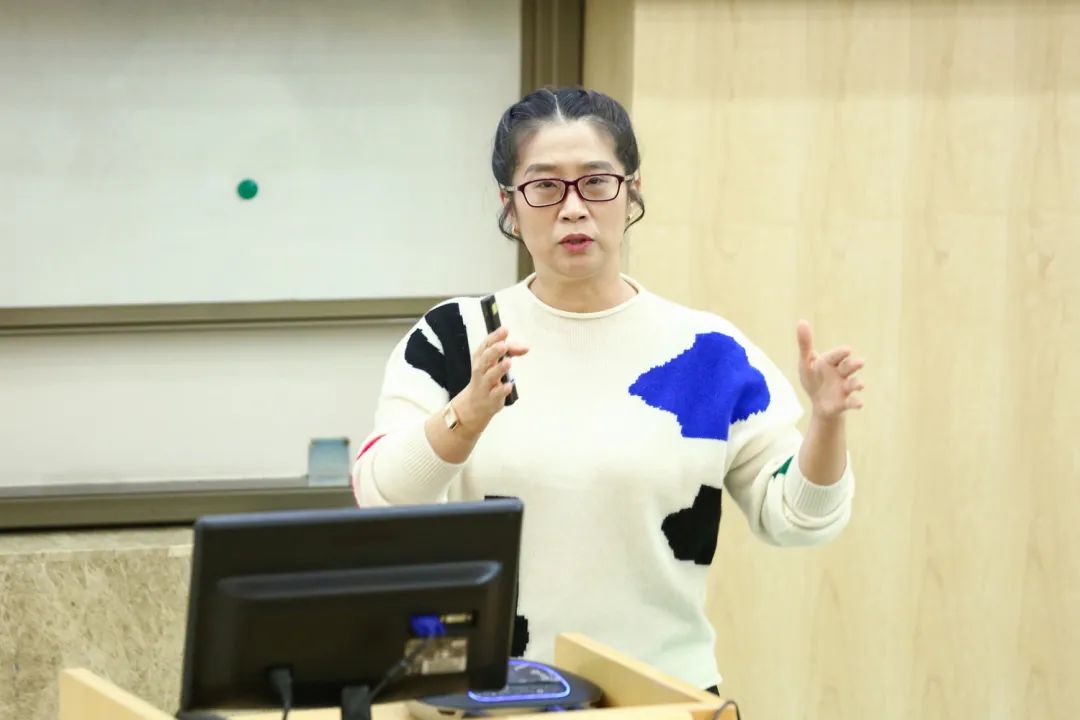
Liu Chen, Assistant Professor and Deputy Director of the PKU School of Arts, teaches “Art of China” at YCA and has worked with the Academy for eight years. Prof. Liu discussed her experience adopting a unique teaching approach incorporating outdoor and exhibition hall visits, fostering a deeper connection between students, the course material, and herself. Citing the introductory class reviewing the “Five Horses,” Prof. Liu described the students’ eagerness to join in conversations about the lines and their expressiveness in traditional Chinese paintings, how to appreciate traditional Chinese painting, and the comparisons between Chinese and European paintings. In her “flipped classroom,” Prof. Liu incorporates pre-, in-, and after-class processes, giving her students complete freedom to interpret, share, and communicate. She also mentioned the students’ deep impressions with her field trip-like classes.
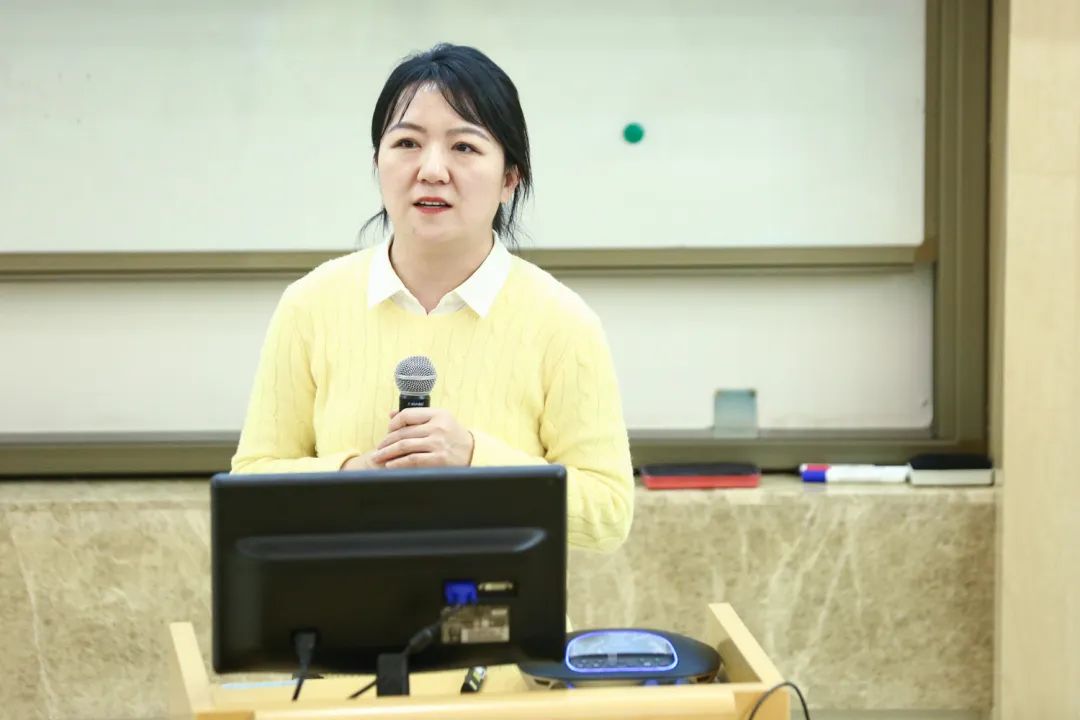
Prof. Zhang Qi, an instructor at the PKU Law School, outlined four issues for the Academy’s future development. Firstly, he emphasized the importance of establishing YCA as a globally influential academic institution that plays a significant role in letting the outside world know more about China because China is indispensable to a globalized world. Secondly, he highlighted the Academy’s need to take a foothold in Chinese culture and history, promoting cultural exchange and communication. Thirdly, he suggested that the Academy leverage its strengths in enrollment, student development, and oral defense, improving every aspect to underpin its general planning. Finally, Prof. Zhang emphasized the need for personalized education to leash students’ potential.

The sharing session rounded off, imbued with a palpable mutual appreciation resonating between the faculty members and their pivotal roles at the Academy, shaping the trajectory of future global leaders. The Academy and our esteemed faculty remain committed to collaborative efforts, focusing on innovation-based development. Together, we will enhance educational resources, cultivate an enriched academic environment for students, and foster more international talent with a sense of responsibility and creativity.
